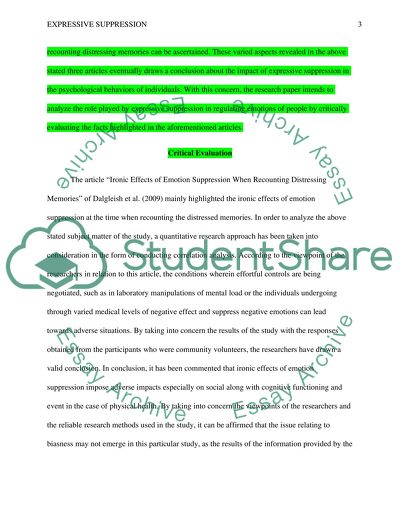Cite this document
(“Expressive Suppression Research Paper Example | Topics and Well Written Essays - 1000 words”, n.d.)
Expressive Suppression Research Paper Example | Topics and Well Written Essays - 1000 words. Retrieved from https://studentshare.org/psychology/1665641-expressive-suppression
Expressive Suppression Research Paper Example | Topics and Well Written Essays - 1000 words. Retrieved from https://studentshare.org/psychology/1665641-expressive-suppression
(Expressive Suppression Research Paper Example | Topics and Well Written Essays - 1000 Words)
Expressive Suppression Research Paper Example | Topics and Well Written Essays - 1000 Words. https://studentshare.org/psychology/1665641-expressive-suppression.
Expressive Suppression Research Paper Example | Topics and Well Written Essays - 1000 Words. https://studentshare.org/psychology/1665641-expressive-suppression.
“Expressive Suppression Research Paper Example | Topics and Well Written Essays - 1000 Words”, n.d. https://studentshare.org/psychology/1665641-expressive-suppression.


